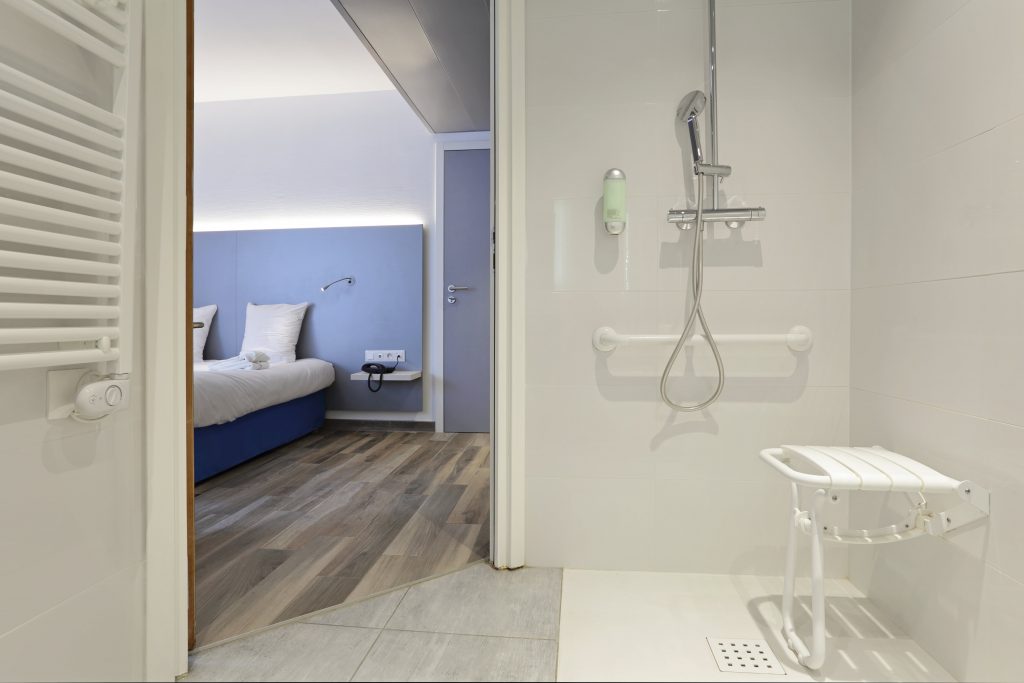Is Domiciliary Care right for me?
Domiciliary care, otherwise known as home care, offers a variety of support services within a person’s home. There are many benefits, ranging from independence to flexibility, however, it may not be the right option for everyone. To help you decide whether domiciliary care is the right option for you, we have compiled this useful guide.
What exactly is domiciliary care?
Domiciliary carers can offer a variety of support, depending on your specific needs. These care levels range from companionship to assistance with personal care. However, there are also carers who specialise in specific types of care, such as caring for those with dementia.
What are the benefits of domiciliary care?
The main benefit of domiciliary care is the ability to retain independence. Even with the highest levels of care, it is still possible to manage your own daily life, such as preparing meals or bathing. Compared to a care home with set schedules for residents, this flexibility and independence is one of the most beneficial points of domiciliary care.
In addition, domiciliary care allows a person to remain in their own home. This feeling of stability, normalcy and closeness to friends and family is very important, especially if a person suffers from dementia or memory loss. For those who require care, a move away from home can often cause unnecessary stress.

Domiciliary care is by nature one of the most flexible forms of care, as it is completely tailored to the individual’s needs. In many situations, the level of care required can change, especially following a bout of illness. This flexibility also means that payment is only needed to cover the exact level of care required. Unlike a care home which will need to be paid a set fee, domiciliary carers can be paid by the hour.
If you are looking for a personal care experience, domiciliary care is a great option. Carers can get to know their patients and build a friendly relationship, with one-on-one care tailored to their individual requirements. This experience can be difficult to find in a care home, where staffing ratios may be more difficult to manage.
Are there any disadvantages of domiciliary care?
Although there are many benefits when choosing domiciliary care, there are also disadvantages which you should consider. For example, care homes are designed specifically for the purpose of providing care, so the facilities are more appropriate. To achieve the same level within a home environment, modifications such as handrails, stair-lifts and ramps may need to be completed.

Another potential issue with domiciliary care is the requirement to share personal space. For some people, allowing a carer into the home can be difficult, however, in many cases, carers and patients quickly build up a close relationship. By carefully choosing your own carer, it can make it much easier to invite someone new into your personal space.
How much does domiciliary care cost?
In many cases, domiciliary care is a more affordable option than moving into a care home. However, there are many factors which will determine the exact cost of domiciliary care. For example, the level of care required, the location and even agency fees can all impact the price. In general, those with complex needs will require specialist carers, so the cost will be more. As an average, the cost across the country is roughly £15 per hour, however, this can vary considerably depending on your specific requirements.
Is financial support available for domiciliary care?
There is financial support available in some circumstances to help cover the cost of domiciliary care. In some situations, the local council will cover the cost of services such as meal provisions, carers, transport, equipment, and home modifications. However, this financial support is only available to those on a low income or with low savings. Unlike care home assessments, the value of your home will not be considered. If you do not qualify for cover for the full cost of care, your local council may still make a partial contribution.
In addition, depending on your medical conditions or disabilities, you may qualify for funding through the NHS. The assessment for this funding is strict, however, eligible health needs include mobility issues, terminal illnesses, physical disabilities, and complex medical conditions. If eligible, the funds will be provided through the NHS continuing healthcare fund.
If you receive a State Pension and need extra help to maintain your independence, you may be entitled to Attendance Allowance. Alternatively, if you are below the State Pension age but require assistance, you could be eligible for a Personal Independence Payment. The local authority is an ideal place to check which benefits you may be able to receive.


